How to Ask for a Personal Day Off (Without Guilt)
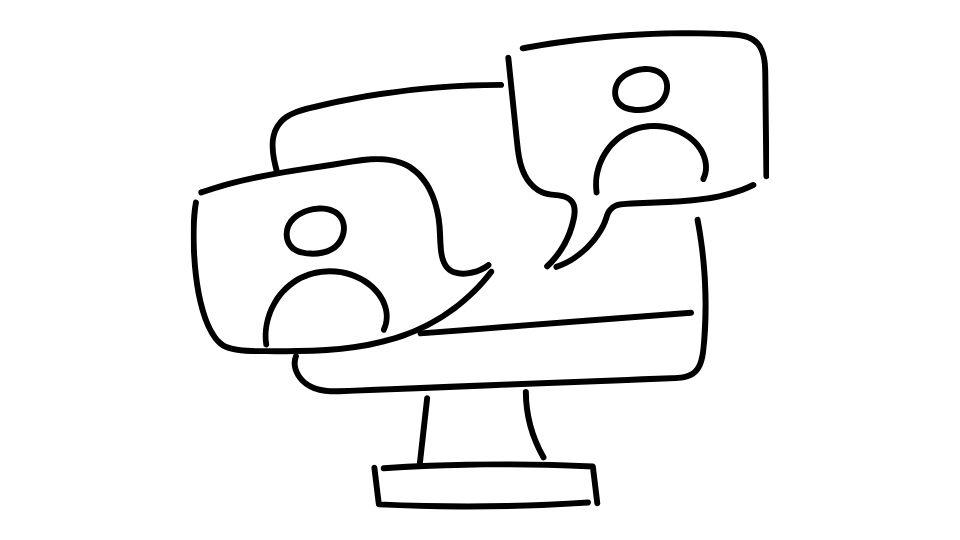
Ever been stuck at work wishing you could just disappear for a day? You’re not alone. Sometimes we all need a personal day—whether it’s to handle life admin, recover from burnout, or just take a mental health break.
But what’s the “right” excuse to use? And how do you ask without feeling guilty or risking your professional reputation?
Let’s break down everything you need to know about taking personal days the right way.
What Exactly Is a Personal Day?
A personal day is time off that’s separate from your vacation days or sick leave. It’s specifically for handling personal matters that don’t fit neatly into other time-off categories.
Think of personal days as the “life happens” days that every working adult occasionally needs.
Most companies offer a certain number of personal days as part of their benefits package, though policies vary widely. Some places have dedicated personal days, while others lump everything into a general PTO (Paid Time Off) bucket.
The beauty of personal days? You typically don’t need to explain exactly why you’re taking them. That’s literally why they’re called “personal” days!
8 Legitimate Reasons to Take a Personal Day
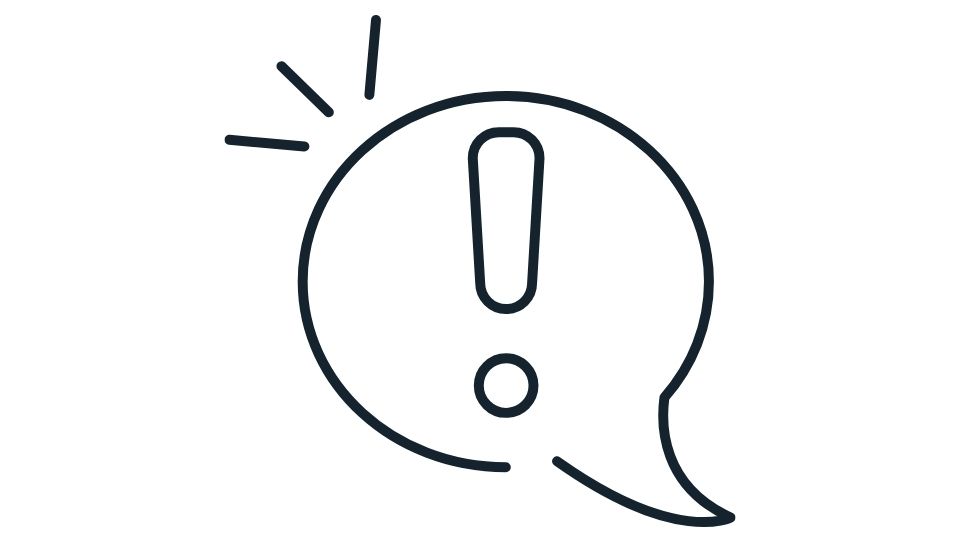
1. You’re Sick or Contagious
This is the most straightforward excuse. If you’re genuinely not feeling well, stay home.
Not only do you need rest to recover, but coming to work sick can spread illness to your coworkers. Even with mild symptoms, it’s better to take the day and recover properly.
Pro tip: Keep it simple when you communicate this. “I’m feeling under the weather and need to take a personal day to recover” is plenty.
2. Medical or Dental Appointments
Doctor, dentist, therapy, or specialist appointments that can’t be scheduled outside work hours are completely valid reasons for taking personal time.
These appointments contribute to your long-term health, which ultimately makes you a better employee. Your health comes first!
3. Family Emergencies and Obligations
Family needs are universally understood reasons for taking personal time. This includes:
- Caring for a sick child or dependent
- Attending important school events
- Helping elderly parents with appointments
- Family emergencies
As research shows, supporting employees’ family responsibilities actually improves retention and productivity in the long run.
4. Bereavement or Loss
If you’re dealing with the death of someone close to you, take the time you need. Most employers have specific bereavement policies, but personal days can supplement these if needed.
This is a time when self-care is crucial, and no one should feel guilty about taking necessary time to grieve.
5. Unexpected Emergencies
Life throws curveballs. When your car breaks down, your basement floods, or your pet needs an emergency vet visit, personal days are there to help you manage the chaos.
These situations are:
- Unexpected
- Urgent
- Require your immediate attention
6. Mental Health Days
This is becoming increasingly accepted, and for good reason! Mental health is just as important as physical health.
If you’re feeling overwhelmed, burnt out, or just need a day to reset your mental state, taking a mental health day can prevent bigger problems down the road.
According to the World Health Organization, good mental health at work is linked to higher productivity, reduced absenteeism, and better overall workplace performance.
7. Moving or Relocation
Moving is stressful and time-consuming. Whether you’re packing, coordinating with movers, or waiting for service installations, taking a personal day for moving logistics is completely reasonable.
8. Personal Development or Life Admin
Sometimes you need a day to handle important paperwork, attend a workshop, deal with legal matters, or manage other significant life events that can’t be done outside work hours.
How to Ask for a Personal Day (Without the Awkwardness)
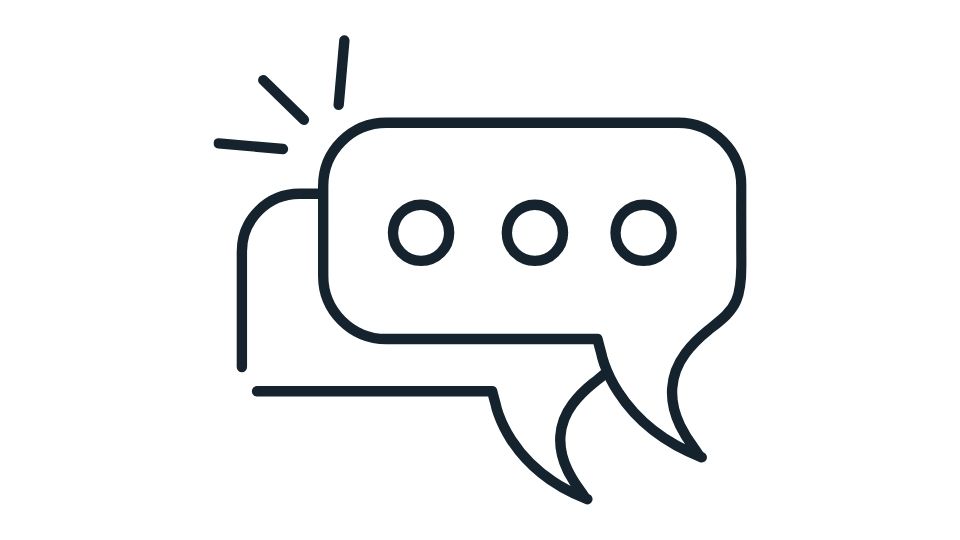
Be Honest (But Not TMI)
The key is finding the sweet spot between honesty and oversharing. You don’t need to provide graphic details of your stomach bug or family drama.
For example:
- ✅ “I need to take a personal day to address a family matter.”
- ❌ “My sister’s boyfriend’s cousin is having relationship problems and needs my advice…”
Give Advance Notice When Possible
For planned appointments or events, try to provide notice as early as you can. This shows respect for your team and allows for coverage planning.
Same-day requests should be reserved for genuine emergencies or sudden illness.
Know Your Company’s Policy
Before requesting time off, check your employee handbook or speak with HR to understand:
- How many personal days you’re entitled to
- Whether they require documentation
- If there are blackout periods when personal days can’t be taken
Use the Right Communication Channel
Different workplaces have different protocols. Some prefer:
- Email requests
- Text messages for urgent situations
- Formal time-off systems
- Direct conversations
Whatever the method, keep it professional and follow up with any required documentation.
Example Scripts You Can Use (Copy and Paste These!)
For illness:
“I’m not feeling well today and need to take a personal day to recover. I’ll be checking my email periodically if anything urgent comes up, but Jenny can handle my client calls in the meantime.”
For appointments:
“I need to take a personal day on Tuesday for a medical appointment that couldn’t be scheduled outside work hours. I’ve already briefed the team on the project status.”
For family matters:
“I need to take tomorrow as a personal day to handle an important family matter. I’ll complete the report when I return on Wednesday.”
For mental health:
“I’d like to use one of my personal days tomorrow. I need a day to recharge so I can bring my best self back to work.”
Excuses to Avoid (Seriously, Don’t Use These)
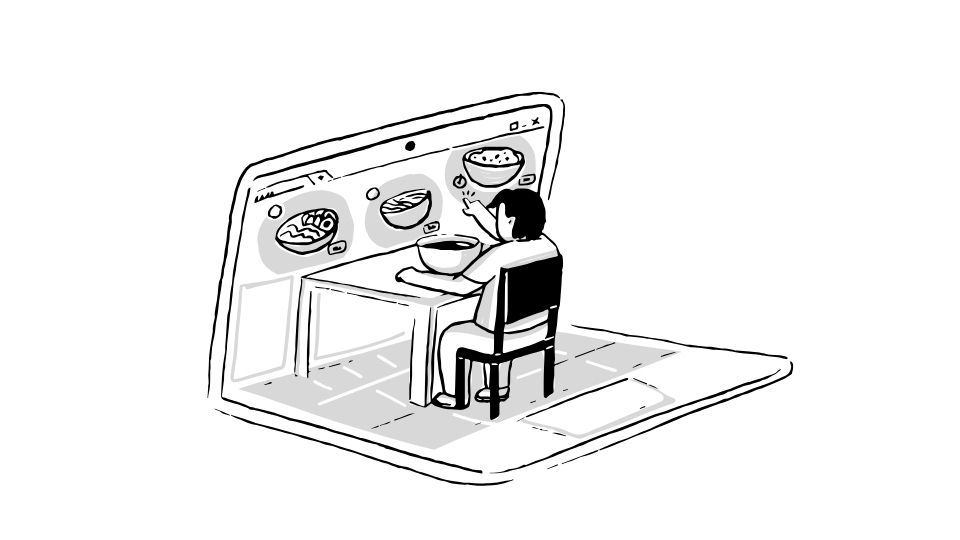
The Obvious Lies
Social media makes it too easy to get caught in a lie. If you call in “sick” but post beach pictures, you’re asking for trouble.
The Pattern Problem
Using the same excuse repeatedly (particularly for Mondays or Fridays) creates suspicion. Vary your legitimate reasons when necessary.
The No-Notice Vanishing Act
Disappearing without proper notification is unprofessional in most workplace cultures. Even in emergencies, a quick text is better than nothing.
The Trivial Reason
“I didn’t feel like coming in” or “The weather is too nice to work” might be honest, but they’re not going to win you any professional points.
The Bottom Line: It’s About Trust
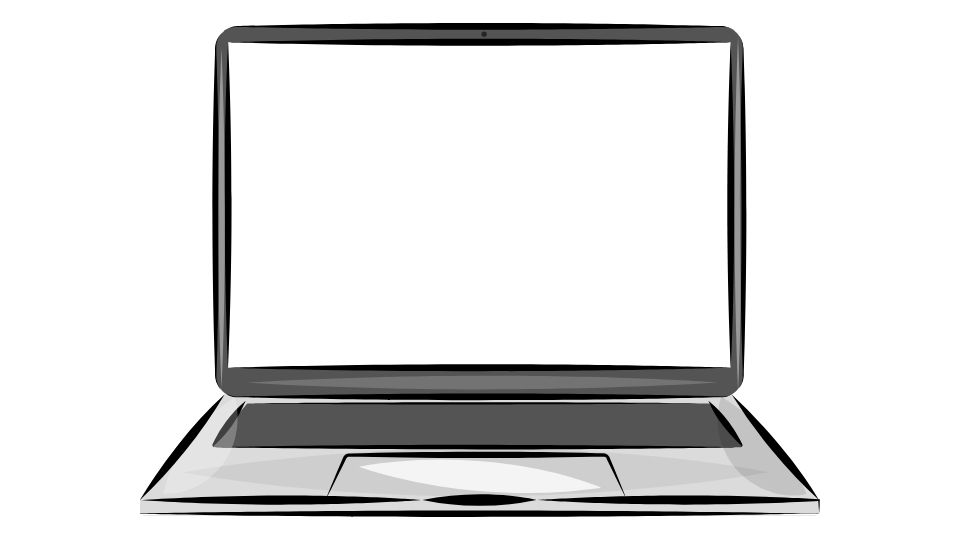
Personal days exist because employers understand that employees have lives outside work. Using these days responsibly builds trust, while abusing them does the opposite.
According to a Gallup study, employees who feel their employer cares about their wellbeing are more engaged, productive, and loyal.
Remember: Taking necessary personal time isn’t just good for you—it’s good for your work quality too. A rested, balanced employee is always more productive than a burnt-out one.
So next time you need a personal day, take it without guilt. Just do it the right way!
